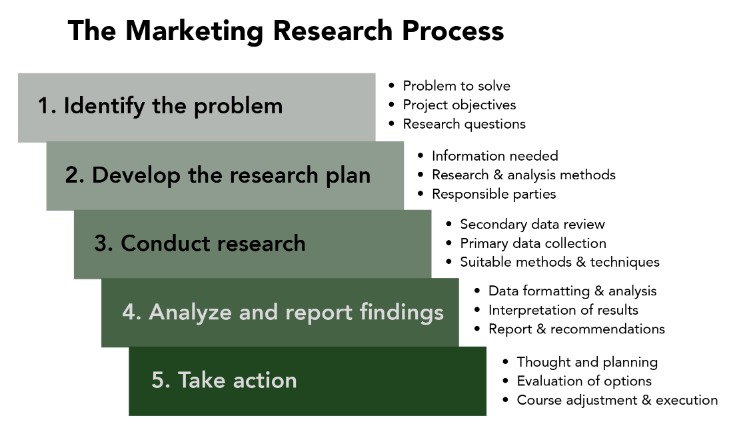The Evolving Landscape of Employee Benefits: An Insight into Private Sick Pay
In today’s dynamic work environment, employee benefits are more crucial than ever. One essential component of these benefits is Private Sick Pay, which plays a pivotal role in offering financial stability to employees during unforeseen health challenges. As the workforce becomes increasingly competitive, businesses are realigning their strategies to focus on comprehensive benefits packages, bringing Private Sick Pay to the forefront of industry discussions.
Understanding Private Sick Pay
Private Sick Pay is a benefit offered by employers, which provides employees with continued income during periods of illness or injury, beyond statutory provisions. This type of benefit is tailored to help maintain an employee’s standard of living when they are unable to work due to health reasons. As more organizations recognize the importance of supporting their workforce, Private Sick Pay has emerged as a significant advantage in the recruitment and retention of talented individuals.
The Impact on Employee Well-being
An effectively structured Private Sick Pay plan not only enhances employee morale but also improves their overall well-being. Employers that invest in such benefits demonstrate a commitment to their employees’ health, reducing stress and promoting a healthier workplace environment. This focus on well-being can lead to increased loyalty and productivity, as employees feel valued and secure in their roles.
Ensuring Financial Security
For many, the prospect of losing income due to illness is a major concern. Private Sick Pay alleviates this worry by providing a safety net that ensures financial obligations are met. It is crucial for both employees and employers to understand the terms and coverage of these plans to make informed decisions that align with personal and organizational needs.
To further understand how Private Sick Pay integrates with other income protection options, and to explore tailored solutions, visit Private Sick Pay for comprehensive guidance on securing financial well-being during health-related work absences.
The Future of Employee Benefits
As the workplace continues to evolve, so too will the landscape of employee benefits. The importance of providing robust and accommodating policies like Private Sick Pay will only increase, shaping the future of how organizations support their teams. Companies that prioritize such benefits will likely see long-term gains in employee satisfaction and overall performance.
By embracing a comprehensive approach to employee well-being and financial security through options like Private Sick Pay, businesses can create a resilient, motivated, and thriving workforce poised to tackle future challenges.


